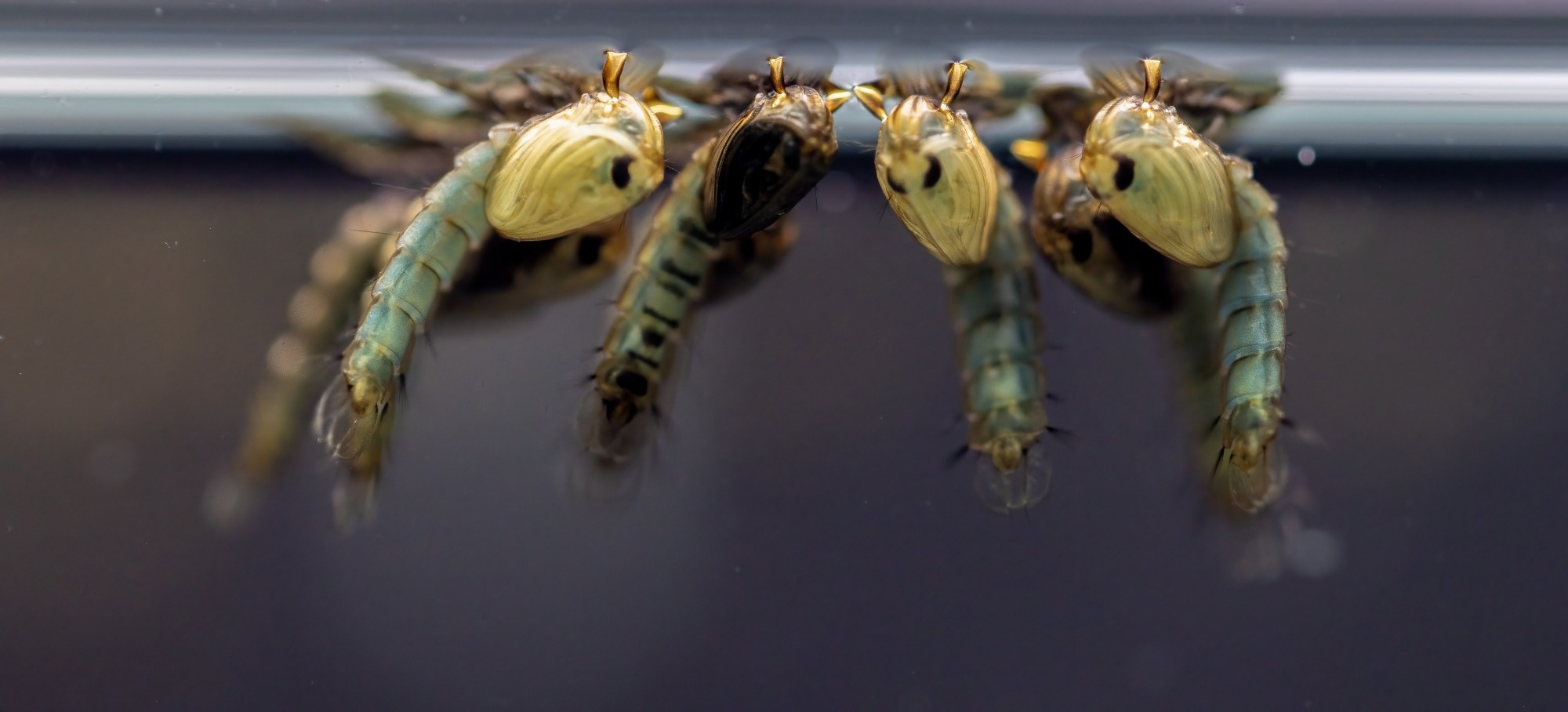The AI Revolution: Could Your Immune System Soon Be a Cancer-Fighting Powerhouse?

Imagine a world where your own immune cells, armed with tailor-made proteins, could hunt down and destroy cancer cells faster than ever before. That dream is quickly becoming a reality thanks to groundbreaking research from scientists at the Technical University of Denmark and the American Scripps Research Institute. Using an innovative AI platform, they have devised a way to design proteins within weeks that can empower T cells—the body’s natural defenders—in their fight against cancer.
This remarkable study, published in the prestigious journal Science, is a game-changer in the realm of precision cancer treatment. For the first time, we witness a method that transforms the arduous process of designing effective cancer-fighting molecules from years into mere weeks. Timothy P. Jenkins, an Associate Professor at DTU and the lead author of the study, describes the platform as creating a 'new set of eyes for the immune system.' Instead of painstakingly searching for existing T-cell receptors, which can be a lengthy and complex task, this AI-driven approach designs molecular keys that target cancer cells with incredible efficiency.
The implications of this technology are staggering. Currently, when T cells identify cancer cells, they do so by recognizing specific protein fragments called peptides presented by molecules known as pMHCs. However, this process can be slow and often ineffective due to the unique variations in each individual's T-cell receptors. The new AI platform seeks to alleviate this issue, promising a more streamlined and effective treatment strategy.
In their study, researchers tested their AI platform against a well-known cancer target called NY-ESO-1, which appears in a variety of cancers. They successfully designed a protein, or 'minibinder,' that binds tightly to these pMHC molecules. When infused into T cells, these minibinders transformed the immune cells into what the team has dubbed 'IMPAC-T cells.' In laboratory settings, these enhanced T cells effectively targeted and killed cancer cells, proving the method’s potential to reshape cancer immunotherapy.
But that’s not all! The researchers also applied their innovative pipeline to create tailored binders for a specific cancer target found in a metastatic melanoma patient, further showcasing the versatility and potential of this method.
A key component of their approach was the incorporation of a virtual safety check using AI. This allowed the researchers to screen their designed minibinders against pMHC molecules found on healthy cells, effectively filtering out any potentially harmful designs before laboratory testing began. As Sine Reker Hadrup, a professor at DTU and co-author of the study, emphasized, 'Precision in cancer treatment is crucial.' This AI safety net significantly reduces the risks associated with the designed proteins, increasing the chances of developing safe and effective therapies.
As promising as this technology is, Jenkins predicts that we may still be five years away from initial clinical trials in humans. Once ready, the treatment will resemble existing methods involving genetically modified T cells, like CAR-T therapy, which are currently helping patients with lymphoma and leukemia. The process will be fairly straightforward: patients will have their blood drawn, immune cells extracted, and then modified in the lab with these AI-generated minibinders before being reintroduced into the body—acting like targeted missiles to identify and destroy cancer cells.

























